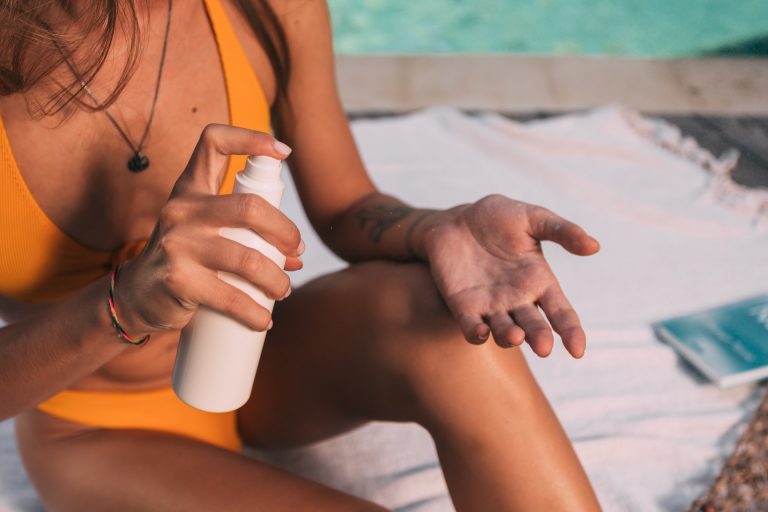The benefits of sunscreen
The skin is your largest organ and has basic functions, such as protecting your body from germs, as well as regulating your body temperature. While your skin also offers protection for your body from the sun’s rays, this does not mean that you should go out without giving your skin adequate protection in return. Without sunscreen, your skin is vulnerable to a number of problems. Here are five reasons why you should use sunscreen daily.
1. Reduce the signs of aging
If you want to reduce the signs of aging, then make your sunscreen your friend. Exposure to the sun can damage the collagen and connective tissues of your skin – and that means you can lose elasticity and get wrinkles.
2. Limit the appearance of sunspots
Exposure to the sun’s UV rays can also cause sunspots (also known as “age spots” or “liver spots”), which are responsible for increasing the incidence of aging. Sunspots are caused by hyperpigmentation of the skin and are usually flat areas of discolored skin that can be different shades of brown. Sunspots can appear on the following areas of the body:
- Face
- Shoulders
- Back
- Behind the hands
3. Protect the skin from burns
Excessive sun exposure or exposure to ultraviolet radiation (such as tanning), without protection, could lead to painful burns. With repeated sun exposure and no protection, you could see increased spots and sun damage. Sunburn can also increase the risk of skin cancer. A sunburn usually takes a few days or more to heal, so it is important to always wear sunscreen, even on cooler, cloudy days.
4. Reduce the risk of skin cancer
One of the best ways to reduce the risk of skin cancer is to wear sunscreen. We recommend using a broad-spectrum sunscreen with at least SPF 15, but the higher the number, the better the UV protection.
For protection throughout the day, it is also necessary to reapply sunscreen:
- When you go out in the sun for more than 2 hours
- After swimming or sweating
- After wiping with the towel
5. Avoid broken blood vessels
Also known as telangiectasia, UV rays can damage the walls of the skin’s blood vessels, causing them to thin. The thinning of the blood vessels leaves the appearance of bruises or bleeding.

